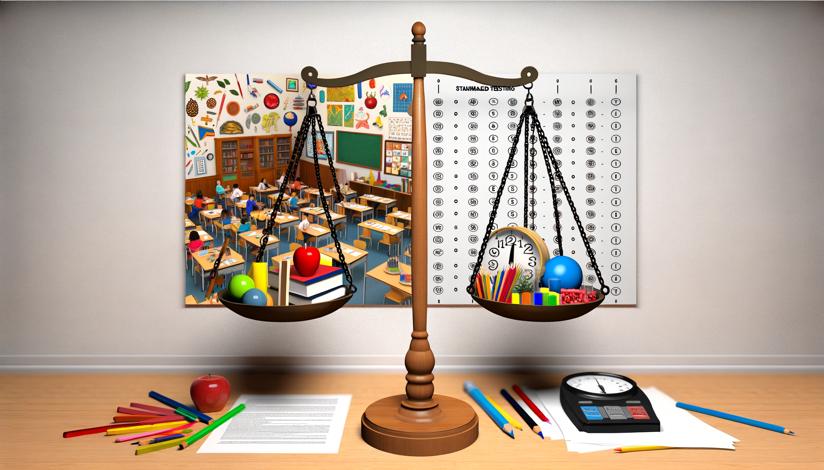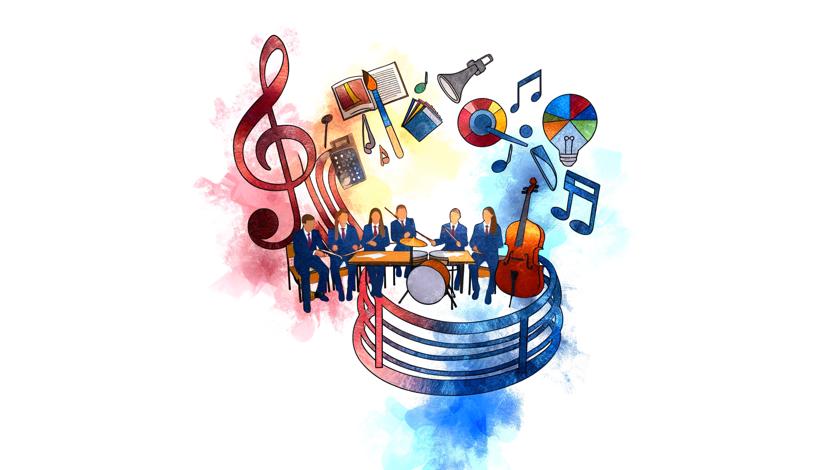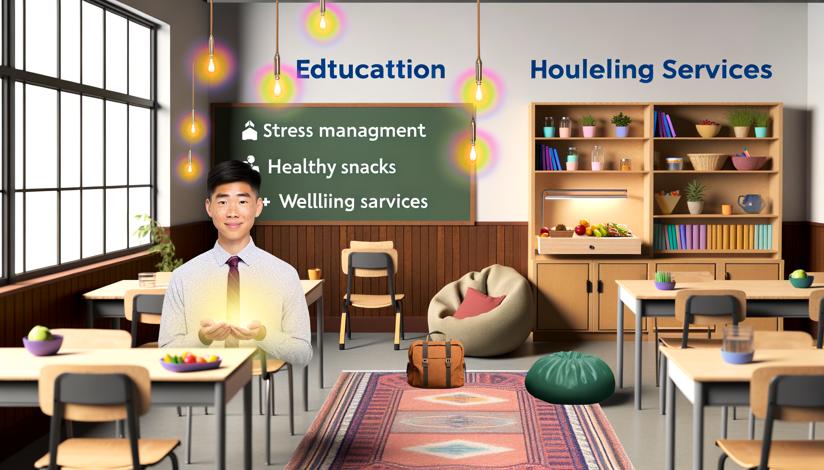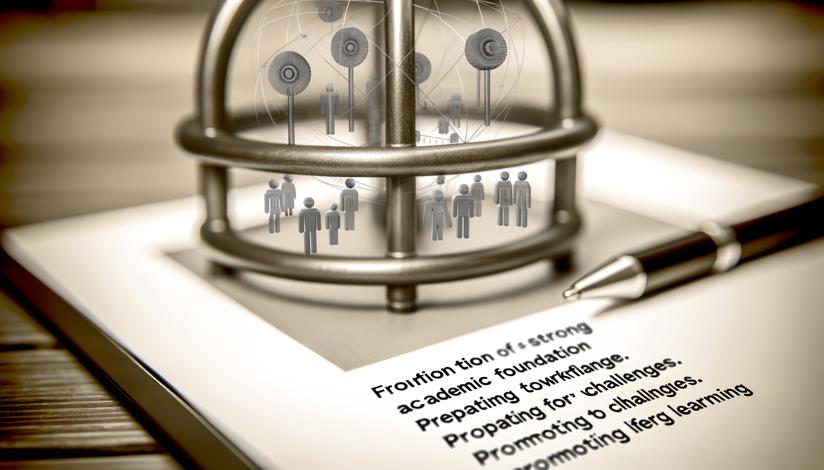

One of the key arguments against standardized testing is that it focuses too much on rote memorization and regurgitation of facts. This approach does not encourage critical thinking, creativity, and problem-solving skills, which are vital for success in the real world. Teachers often feel pressured to teach to the test, sacrificing valuable class time that could be used for more engaging and meaningful activities.
Moreover, standardized tests are often limited in their ability to assess the full range of a student's abilities and knowledge. They do not provide a comprehensive picture of a student's strengths, weaknesses, and potential. This can lead to a narrow view of students' abilities and limit their educational opportunities.
Another concern is that standardized testing puts undue stress on students. The high stakes nature of these tests can create a culture of anxiety and fear, which is detrimental to learning. Some students may perform poorly on tests due to test anxiety, even if they possess a deep understanding of the subject matter. This can result in inaccurate assessments of their abilities.
Despite these drawbacks, standardized testing does have its advantages. It provides a standardized measure of student performance, allowing for comparisons between different schools and districts. This can help identify achievement gaps and inform policy decisions aimed at improving educational outcomes.
Furthermore, standardized testing can serve as a tool for teacher evaluations. By assessing student performance on objective measures, it provides valuable feedback to teachers on their instructional practices. This can lead to professional development opportunities and help improve teaching quality.
To strike the right balance between K-12 education and standardized testing, it is important to prioritize holistic learning. This means incorporating a variety of assessment methods that go beyond standardized tests. Performance-based assessments, such as projects, portfolios, and presentations, allow students to demonstrate their knowledge and skills in a more authentic and meaningful way.
Additionally, teacher evaluations should take into account multiple measures of performance, including classroom observations, student work samples, and feedback from students and parents. This comprehensive approach provides a more accurate and holistic assessment of teachers' effectiveness.
In conclusion, finding the right balance between K-12 education and standardized testing is crucial for promoting holistic learning and effective assessment methods. While standardized testing can provide useful data for comparisons and teacher evaluations, it should not be the sole focus of education. Incorporating a variety of assessment methods and prioritizing holistic learning will ensure that students receive a well-rounded education that prepares them for success in the real world.

Standardized measure for comparison
Feedback for teacher evaluations

Narrow focus on test preparation
Limited assessment of abilities



















-
https://www.edweek.org/ew/index.html
-
https://www.nea.org/

































